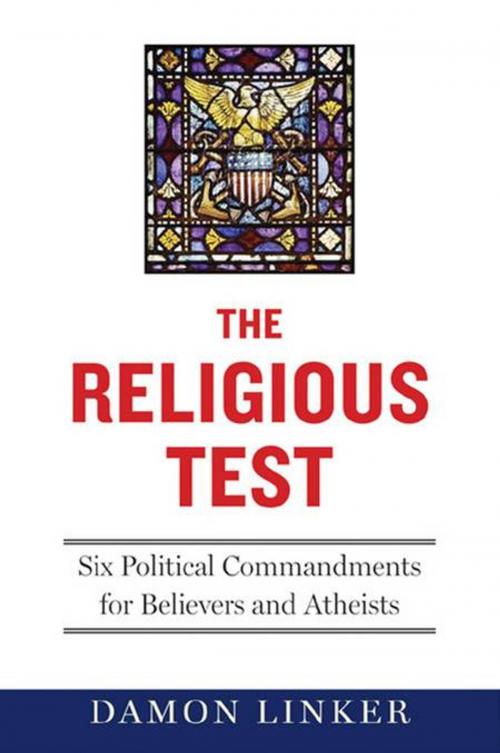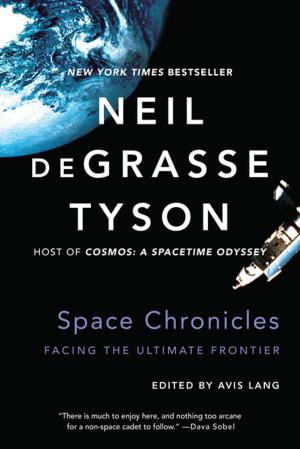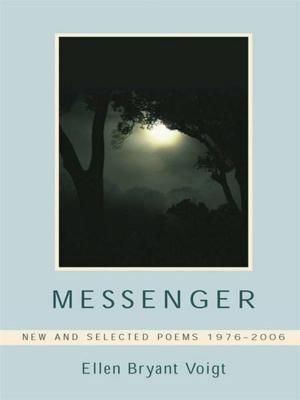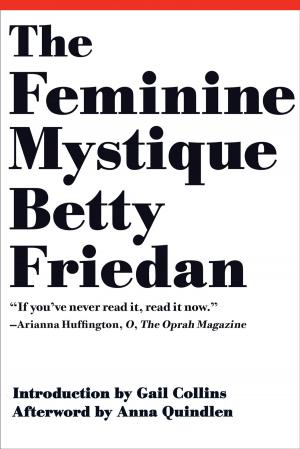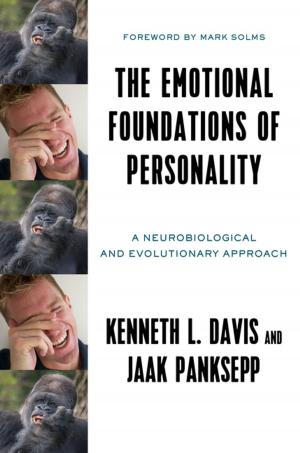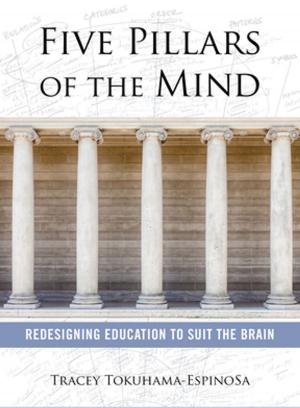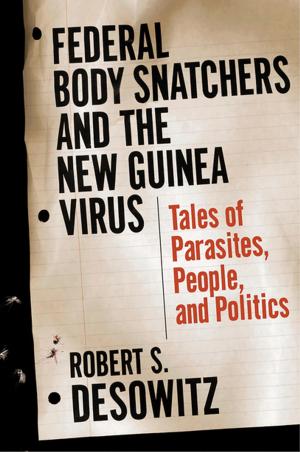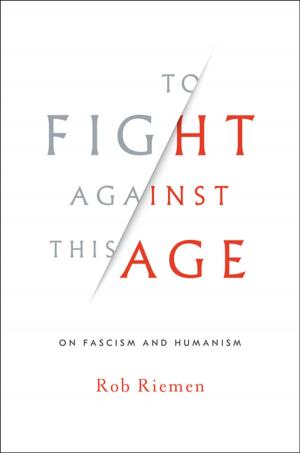The Religious Test: Why We Must Question the Beliefs of Our Leaders
Nonfiction, Social & Cultural Studies, Political Science, Government, Democracy| Author: | Damon Linker | ISBN: | 9780393080551 |
| Publisher: | W. W. Norton & Company | Publication: | September 27, 2010 |
| Imprint: | W. W. Norton & Company | Language: | English |
| Author: | Damon Linker |
| ISBN: | 9780393080551 |
| Publisher: | W. W. Norton & Company |
| Publication: | September 27, 2010 |
| Imprint: | W. W. Norton & Company |
| Language: | English |
A manifesto seeking to exhort both believers and atheists to behave better in the public sphere.
The Constitution states that “no religious test” may keep a candidate from aspiring to political office. Yet, since John F. Kennedy used the phrase to deflect concerns about his Catholicism, the public has largely avoided probing candidates’ religious beliefs. Is it true, however, that a candidate’s religious convictions should be off-limits to public scrutiny?
Damon Linker doesn’t think so, and in this book he outlines the various elements of religious belief—including radical atheism—that are simply incompatible with high office, and sometimes even active citizenship, in a democracy. In six forceful chapters he enlightens us to the complicated interrelations between churches and states, consistently applying a political litmus test to a range of theological views. Along the way, he clearly explains, among other topics, why the government in a religiously tolerant society must not promote a uniform, absolute code of ethics and behavior; why the conviction that America is worthy of divine attention is dangerous; and why the liberal position on the political deregulation of sex is our nation’s only hope for conciliation.
In this provocative, hard-hitting manifesto, Linker exhorts both believers and atheists to behave better in the public sphere, and he offers a carefully charted road map for doing so.
A manifesto seeking to exhort both believers and atheists to behave better in the public sphere.
The Constitution states that “no religious test” may keep a candidate from aspiring to political office. Yet, since John F. Kennedy used the phrase to deflect concerns about his Catholicism, the public has largely avoided probing candidates’ religious beliefs. Is it true, however, that a candidate’s religious convictions should be off-limits to public scrutiny?
Damon Linker doesn’t think so, and in this book he outlines the various elements of religious belief—including radical atheism—that are simply incompatible with high office, and sometimes even active citizenship, in a democracy. In six forceful chapters he enlightens us to the complicated interrelations between churches and states, consistently applying a political litmus test to a range of theological views. Along the way, he clearly explains, among other topics, why the government in a religiously tolerant society must not promote a uniform, absolute code of ethics and behavior; why the conviction that America is worthy of divine attention is dangerous; and why the liberal position on the political deregulation of sex is our nation’s only hope for conciliation.
In this provocative, hard-hitting manifesto, Linker exhorts both believers and atheists to behave better in the public sphere, and he offers a carefully charted road map for doing so.
